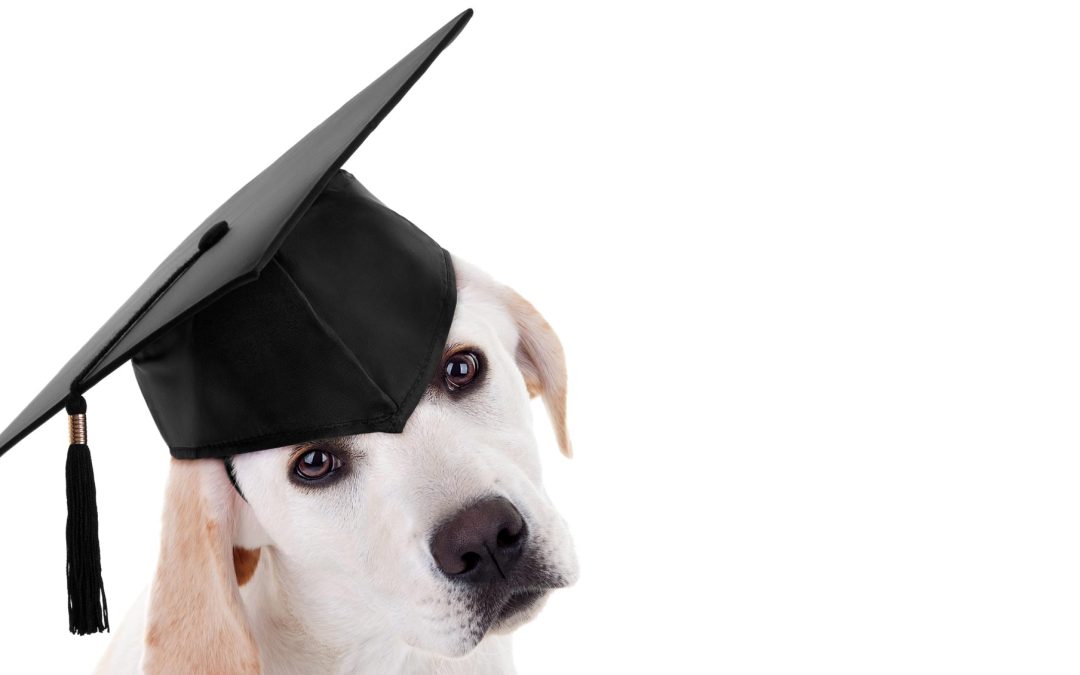How long will it take to train my dog?
I’m often asked how long does my dog have to come to training?
Or
How long does it take to train my dog?
There is no honest answer to either of these questions.
My usual answer to this is “it depends”
It depends on your dogs age,
It depends on what breed your dog is,
It depends on how much training you do with your dog,
It depends on what you want to teach your dog,
It depends on how many people live in the house with the dog,
It depends on whether your dog has any behaviour issues.
It depends on a lot of things.
As you can see there is no straight forward answer to these questions.
Taking off my trainers hat here, my own personal opinion is that you teach your dog some core things, to walk on a lead without pulling, to come when called, to drop while running and to stay and distance hand signals so if you dog is across the road you don’t want to recall your dog you want to drop it where it is and go and get it. If its a noisey area your hand signals will have more impact than your voice. Your dog should be able to do all these things even under high distractions.
This all sounds pretty easy and straight forward, but “it depends”
It depends on your dogs age,
It depends on what breed your dog is,
It depends on how much training you do with your dog,
It depends on what you want to teach your dog,
It depends on how many people live in the house with the dog,
It depends on whether your dog has any behaviour issues.
It depends on a lot of things.
It doesn’t matter if your dog is a young puppy or and adult dog, training takes time and effort, if you don’t put in the time and effort you wont get the results.
A lot of people only do puppy school and are of the opinion or under the impression that their pup doesn’t need any more training as they are only there for the socialisation with the other pups, socialising your pup is great and should be done but it is only the start of your pups training.
Puppy schools don’t cover training the pup under distraction, or teaching the pup to stay in a drop while things are going on, or to drop while they are doing zoomies, the reason for this is that the pup is way too young to learn these skills and needs to learn to learn, that’s why puppy school introduces your pup to basic life skills, this is a good base to build the rest of your training on.
The more training you do with your pup/dog the easier they will learn new skills, dogs learn to learn, just like if we start a university course if we haven’t studied for years then is very hard to get back into study. If you had kept up your studies you would find it easy to study.
You can’t put a time frame of 6 weeks or 8 weeks to have your dog trained, it all depends on what you want the dog to learn by the time it has “finished training”.
You might just want your dog to not pull on the lead and to come back when called, yes that can be taught in a few weeks, if you put the time in, BUT, can you recall your dog if there is distractions, if your dog is playing with another dog or dogs, if your dog has found something nice and smelly to sniff, if your dog is chasing something or someone.
Can you walk your dog without it pulling if there are distractions around, while you walk through a crowd, while you walk past another dog, while you walk past something or someone the dog wants to get to.
As you can see, there is more to training than puppy school or the first few weeks in a class.
The minute you brought your dog or puppy home you became a “dog trainer” it is your responsibility to give your dog the best opportunity to be the best dog it can be.
Yes training your dog or pup can be very frustrating at times too, but its well worth it to persist and get through the hard times, you will have many years with your dog, give yourself and your dog the best chance to be the best team you can.
Training is never “finished”, your dog is always learning something.
Thanks for reading.
Carol
K9 Services
Cert III in Dog Behaviour and Training (NDTF)
Certified Nose Work Instructor (NACSW USA)

